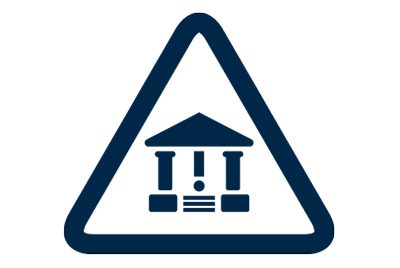NJCPA Applauds Governor Murphy’s Administration for Declaring Forgiven PPP Loans Exempt from State Income Taxes
–
February 9, 2021

Statement by Ralph Albert Thomas, CPA (DC), CGMA, CEO and Executive Director, New Jersey Society of Certified Public Accountants
The New Jersey Society of Certified Public Accountants (NJCPA) applauds Governor Murphy’s and State Treasurer Elizabeth Maher Muoio’s decision today to allow forgiven Paycheck Protection Program (PPP) loans to be exempt from New Jersey state income taxes, similar to how they are excluded from federal income taxes. We are also pleased with the decision to allow expenses paid with the loans to be tax deductible.
PPP loans were designed to help small businesses survive the COVID-19 pandemic — by keeping employees on payroll and their doors open. The loans have enabled these businesses to keep afloat and continue to do a great service to their communities.
At the NJCPA, we recognize the need to bolster the small business landscape and assist the CPAs who serve these businesses and residents of New Jersey. We look forward to supporting the Murphy Administration in any way towards this endeavor.
The information in this guide has been gathered from many sources, including the Internal Revenue Service, the Social Security Administration, state agencies, professional organizations and members of the NJCPA. The majority of state agencies offer online and prerecorded services. It’s best to check online or call before you visit.
Material contained within this guide should be augmented by, and used in accordance with, a certified public accountant's professional judgment. Your CPA can properly apply the tax laws and regulations to the facts and circumstances of your particular situation. For help with locating a CPA, visit findacpa.org.
The New Jersey Society of Certified Public Accountants is not responsible for any claims arising as a result of this information or its usage.
This guide was updated in September 2025. Future users of this material are cautioned that some portions, particularly tax-related information, may become outdated.